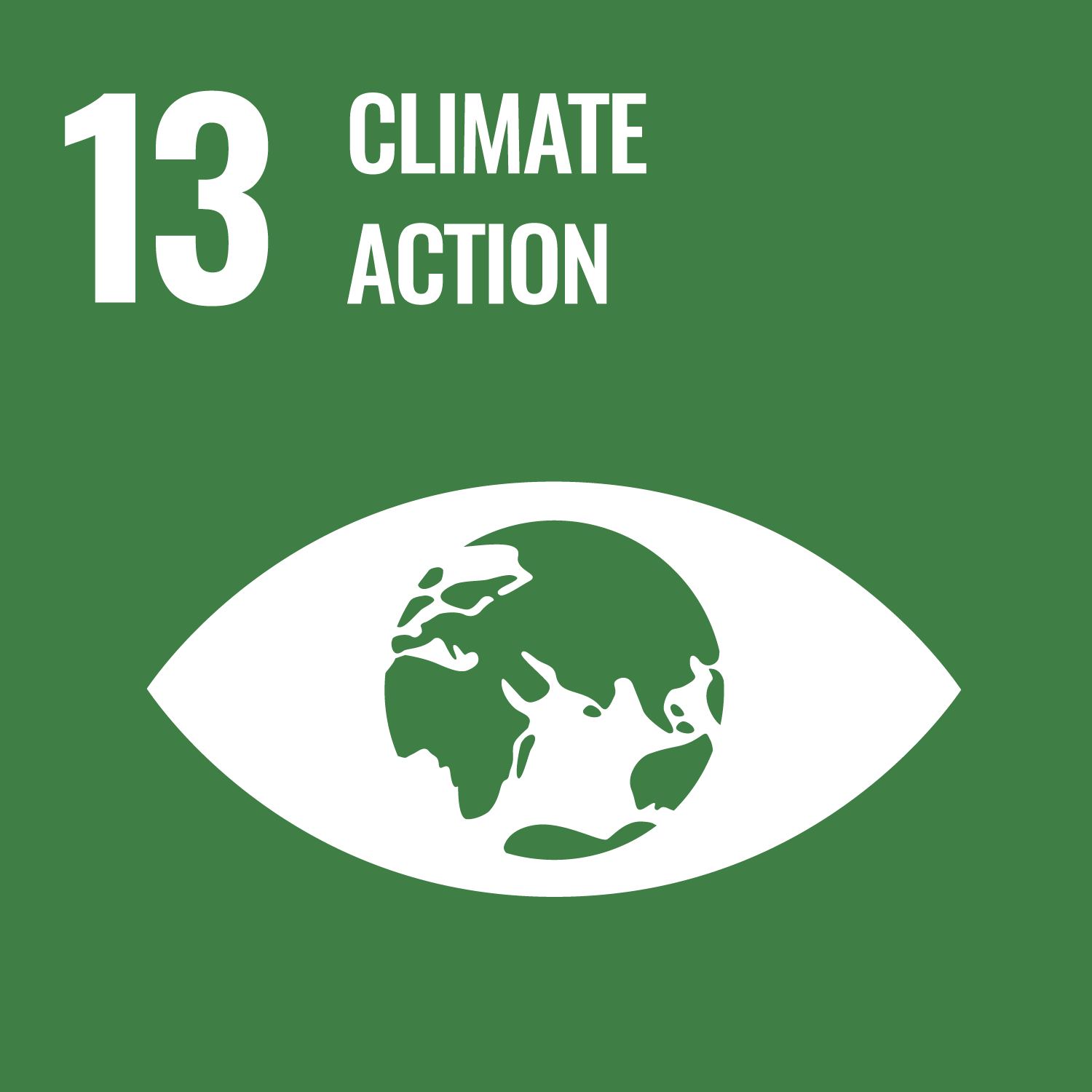ORCID
- Scott J. Davidson: 0000-0001-8327-2121
Abstract
Peatlands are a globally important carbon store, but peatland ecosystems from high latitudes to the tropics are highly degraded due to increasingly intensive anthropogenic activity, making them significant greenhouse gas (GHG) sources. Peatland restoration and conservation have been proposed as a nature-based solution to climate change, by restoring the function of peatlands as a net carbon sink, but this may have implications for many local communities who rely on income from activities associated with transformed peatlands, particularly those drained for agriculture. However, without changing the way that humans interact with and exploit peatlands in most regions, peatlands will continue to degrade and be lost. We propose that there are ultimately three potential trajectories for peatland management: business as usual, whereby peatland carbon sink capacity continues to be eroded, responsible agricultural management (with the potential to mitigate emissions, but unlikely to restore peatlands as a net carbon sink), and restoration and conservation. We term this the three-peat challenge, and propose it as a means to view the benefits of restoring peatlands for the environment, as well as the implications of such transitions for communities who rely on ecosystem services (particularly provisioning) from degraded peatlands, and the consequences arising from a lack of action. Ultimately, decisions regarding which trajectories peatlands in given localities will follow torequire principles of equitable decision-making, and support to ensure just transitions, particularly for communities who rely on peatland ecosystems to support their livelihoods.
DOI Link
Publication Date
2023-12-31
Publication Title
Carbon Management
Volume
14
Issue
1
ISSN
1758-3004
Acceptance Date
2023-10-19
Deposit Date
2023-11-23
Embargo Period
2023-11-24
Recommended Citation
Girkin, N., Burgess, P., Cole, L., Cooper, H., Honorio, C., Davidson, S., Hannam, J., Harris, J., Holman, I., McCloskey, C., McKeown, M., Milner, A., Page, S., Smith, J., & Young, D. (2023) 'The three-peat challenge: business as usual, responsible agriculture, and conservation and restoration as management trajectories in global peatlands', Carbon Management, 14(1). Available at: 10.1080/17583004.2023.2275578



